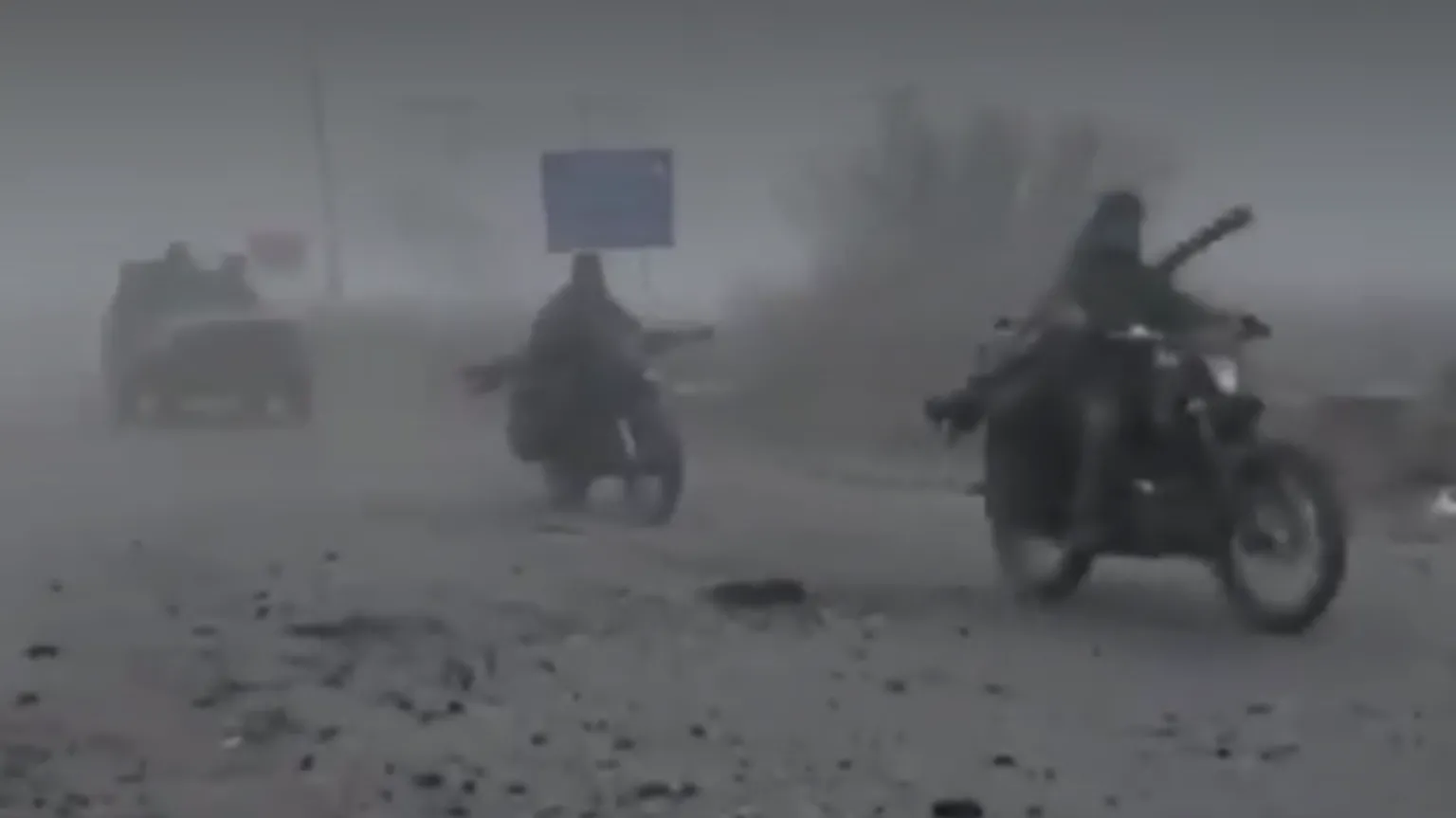 In late February of 2024, Jordanian cargo planes flew over northern Gaza, dropping large pallets of food attached to giant parachutes down to crowds of scrambling Palestinians.
In late February of 2024, Jordanian cargo planes flew over northern Gaza, dropping large pallets of food attached to giant parachutes down to crowds of scrambling Palestinians.
The area had been without consistent aid for weeks. The Israeli military was focusing much of its operations there, cutting off available delivery routes for international organizations. Out of desperation, Palestinians had resorted to eating animal feed and weeds.
Since the war began five months earlier, senior U.S. officials had been in intense discussions with the Israelis to open land routes to get more truckloads of aid into northern Gaza.
Now they watched the Jordanian airdrops on TV.
"The mockery of this complete bull**** PR stunt was universal," remembered a former U.S. official with direct knowledge of what happened. "Everybody knew that it wasn't going to make any meaningful dent."
But only a few days later, the U.S. decided it would be carrying out its own airdrops into Gaza.
"What was striking was how quickly we pivoted from criticism to emulation — not because we thought it was the right way to get aid in, but because, faced with an inability to diplomatically move the Israelis at that point to increase trucks, we were going to throw everything at the wall, no matter how inefficient, no matter how expensive, and frankly, no matter how dangerous," said the official.





 Thick fog has enabled Russian troops to move further into the key strategic city of Pokrovsk...
Thick fog has enabled Russian troops to move further into the key strategic city of Pokrovsk... A surprise visit to Ukraine by actress and humanitarian Angelina Jolie drew scrutiny of her companions,...
A surprise visit to Ukraine by actress and humanitarian Angelina Jolie drew scrutiny of her companions,... The Washington National Opera (WNO) is considering moving out of the Kennedy Center, the company’s home...
The Washington National Opera (WNO) is considering moving out of the Kennedy Center, the company’s home...






























